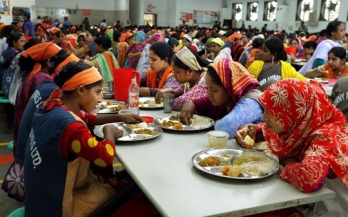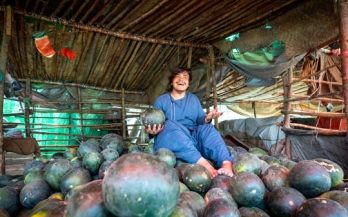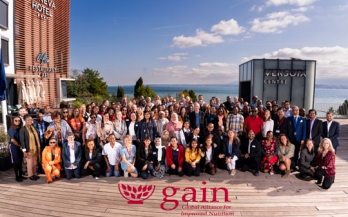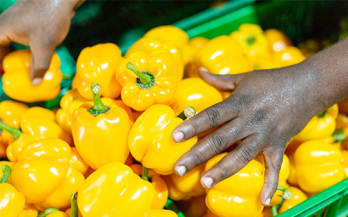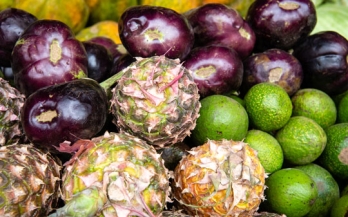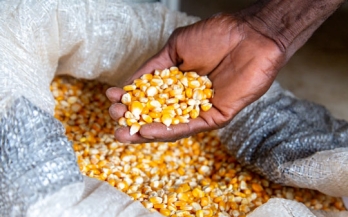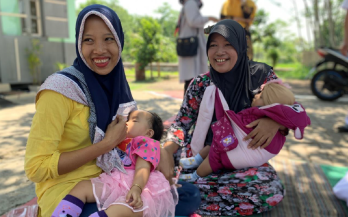GAIN undertook an assessment of existing workforce nutrition-related policies to identify opportunities for improvement and generate insights into how policymakers and other policy stakeholders can contribute to healthier work environments. This briefing paper summarises the findings of a cross-cutting policy assessment for 12 countries across Africa, Asia, and Latin America.
But how do we assess current levels of integration and opportunities to strengthen it? That is where this baseline report comes in. It assesses integration and identifies opportunities to act jointly. The bad news in its results is that in general, climate and nutrition are not well connected.
The GAIN Business Model Research (BMR) Project, funded by the Netherlands Ministry of Foreign Affairs, aims to identify promising business models that can do just this.
Le Code de conduite est un engagement solennel et de bonne foi que chacun de nous prend en faveur de ces valeurs au sein de la GAIN, à tout moment, quelle que soit la relation, que nos actions soient visibles ou non par les autres.
The Code of Conduct is a solemn and good faith commitment each of us makes to uphold these values at GAIN, at all times, no matter the relationship, and whether or not our actions are visible to others.
GAIN’s Environment Screening Tool represents a key step towards systematically incorporating environmental considerations into GAIN’s programmes. It is designed to enable a rapid self-assessment, which identifies environment-related risk factors, prompts mitigation actions, and encourages teams to explore opportunities for environment-nutrition win-wins.
The 2021 UN Food System Summit led to strategic pathways for food system transformation in countries, supported by an Ecosystem of Support (EoS).
This analysis evaluates transformation progress, suggests principles for effective EoS functioning, and emphasizes flexibility while respecting national leadership and promoting collaboration, inclusivity, and transparency and decision-making in advancing food system goals.
Lower-income populations in low- and middle-income countries (LMICs) often face challenges accessing affordable, desirable, safe, and nutritious food, contributing to poor diet quality and malnutrition.
Lower-income populations in low- and middle-income countries (LMICs) often face challenges accessing affordable, desirable, safe, and nutritious food, contributing to poor diet quality and malnutrition. As the main source of food for the majority of this population, private-sector firms have the potential to play a key role in alleviating this – and if they can do profitably, could help their bottom line in the process.
The objective of this paper is to describe the initial scaling-up phase of the 'Baduta' programme (Baduta 2), which aimed to support national stunting-reduction efforts in Indonesia through emotional demonstrations (‘emo demos’), reflecting on the challenges faced and ensuing lessons learned, following the promising results of the 2017 evaluation of the programme.
